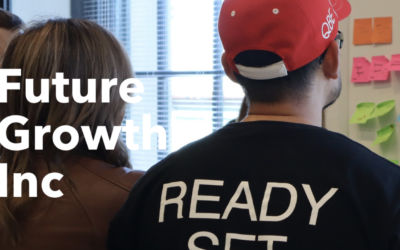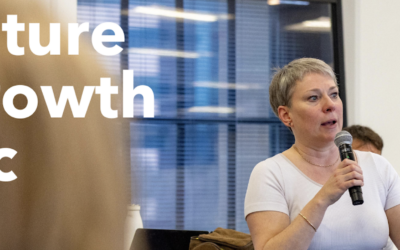Up until recently, I was totally convinced that the tech start-up world was closed off to the entrepreneurial elite and the tech-savvy. Having familiarised myself with the Hollywood accounts of the evolutions of Facebook and Apple, it seemed reasonable to believe that Silicon Valley success was acquired in a dark corner with an over-worked computer. As to those who can barely string together a line of code, if it all – you simply stand no chance in the dog-eat-dog startup world.
This all changed once I attended my first-ever hackathon. While there were definitely plenty of computer geniuses, the participants were more like a motley crew of hackers, hipsters and hustlers. There were marketers, bloggers, businessmen and even fashion designers. Was the gated community of the technology world a façade?
Digging deeper, I learned that the startup world is littered with these examples – non-tech founders are more common than I thought. Ali Baba’s founder Jack Ma completed an English degree while Tim Westerren, CEO of Pandora Internet Radio simply had a passion for music. There are countless other examples of entrepreneurs in the tech world that have advanced from non-technical backgrounds. The road to startup success is littered with failure – with many foundering in the “valley of death” which refers to the high chance that a startup will crash before a steady stream of capital is initiated.
Jemma Enright, non-technical founder and CEO of Next Milestone, genuinely believes that ‘to get across the early stage ‘valley of death’ you need diversity of talent. How you position, market and hustle is as valuable as how you execute incredible customer experiences through product and technology.’
That is not to say that you won’t be presented with significant challenges. Enright, whose fintech startup was acquired by AMP to provide personal financial solutions for clients, shares 5 survival tips for non-technical startup founders:
- ‘Find a quality, technical co-founder’ – Perfect your pitch and then sell your big idea to the engineering community but don’t settle on the first person to accept your offer. ‘Co-founder fit is a key component of success’
- ‘Be really diligent in choosing an outsourced tech partner’ – Your technical people must share the passion for your product and be committed to validating your solution against a concise start-up business model (see Disruptor’s Canvas). Don’t waste your time with an outsourced partner or agency who have no knowledge of building tech for start-ups.
- ‘If you can’t find a great tech co-founder, get a product one’ – A product manager ‘will drive your tech, even average tech, to make beautiful things and this can have the effect of setting you apart from your competitors and truly making you famous.’
- ‘Weigh up pros and cons of onshore vs offshore development’ – Offshore development resources deceptively appear more cost efficient, however after considering the communication costs, time zone coordination, security and legal concerns, the Research and Development Tax Incentive, it might be wiser to consider employing local talent.
- ‘Learn a bit about tech’ – Wrapping your head around the tech jargon will enable better decision-making.



